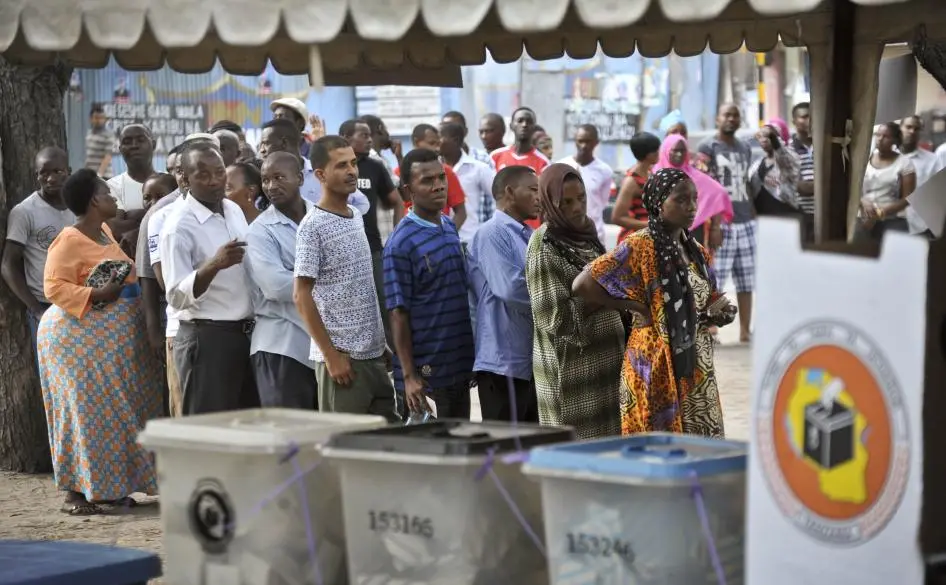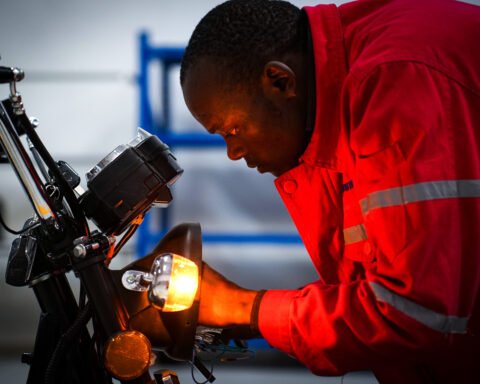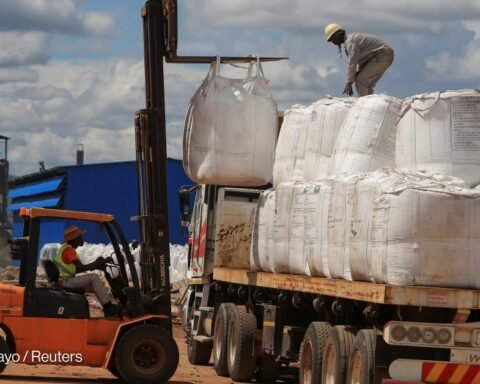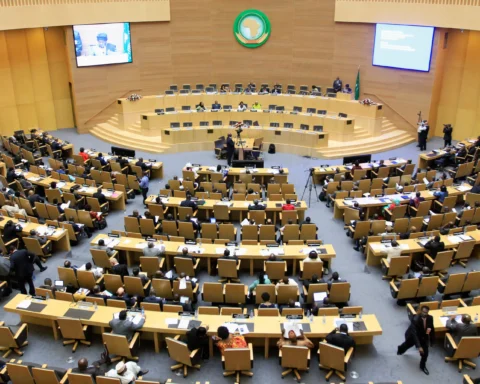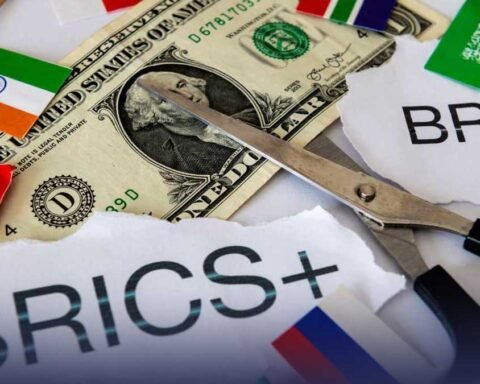Tanzania’s electoral authority has reaffirmed its commitment to ensuring that women, young people, and persons with disabilities are fully involved in every stage of the upcoming general election.
During a stakeholder meeting held this week in Dar es Salaam, Chairperson of the Independent National Electoral Commission (INEC), Justice Jacobs Mwambegele, said the Commission is taking deliberate steps to make the election process more inclusive and accessible to all.
“Every Tanzanian has the right to participate in choosing their leaders,” said Justice Mwambegele. “Our goal is to ensure no one is left behind—regardless of gender, age, or physical ability.”
The Commission announced new voting mechanisms to accommodate persons with disabilities, particularly those with visual or mobility impairments. These include:
- Braille ballot papers to enable voters with visual impairments to cast their votes independently
→ Learn about Braille - Assisted voting options, where individuals can be helped by a trusted companion
→ Voting with assistance - Wheelchair-accessible polling booths, to make sure physical environments don’t prevent anyone from exercising their democratic right
→ Accessible voting
These efforts reflect Tanzania’s broader commitment to the United Nations Convention on the Rights of Persons with Disabilities (UNCRPD), which emphasizes equal participation in political and public life.
The Commission also engaged representatives from youth groups and women’s organisations during the meeting, acknowledging their key role in building a more vibrant and peaceful democratic culture.
Justice Mwambegele encouraged young people to participate actively—not only as voters but as peace advocates during the campaign and voting periods. He urged women to seek leadership roles, register as voters, and contribute to shaping public policy.
“We want to see more women contesting, more youth volunteering, and more citizens exercising their right to vote in peace,” he said.
The Chairperson took the opportunity to remind all political actors and supporters about the importance of political tolerance. He warned against the spread of misinformation, hate speech, or political incitement, particularly on social media platforms such as X (formerly Twitter), where tensions often flare during election seasons.
“Let’s use our voices to build bridges—not to tear communities apart,” he added.
Tanzania’s focus on electoral inclusion aligns with broader regional and global trends, where countries are making efforts to remove barriers to political participation. Many African nations, with support from groups like Sightsavers and the African Union, are strengthening legal frameworks and investing in infrastructure to enable persons with disabilities to fully participate in elections.
INEC’s efforts also reflect obligations under the Constitution of Tanzania, which mandates inclusive electoral processes under Article 74.
With the country preparing for its 2025 General Elections, the Commission says more awareness campaigns, training for electoral officials, and logistics planning will follow.
The goal is simple yet profound: ensuring that when Tanzanians head to the polls, everyone—young, old, disabled, or otherwise—has an equal opportunity to make their voice heard.

